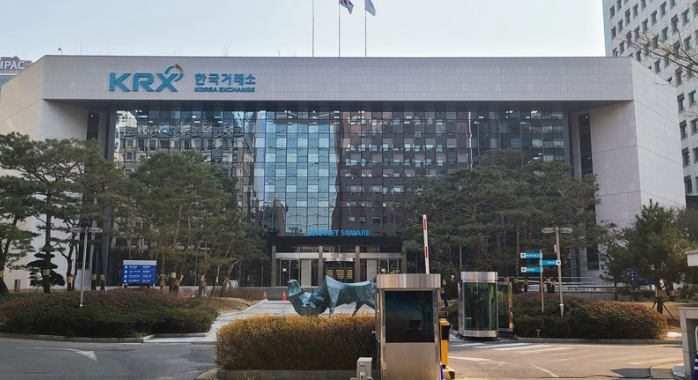The foreign investor registration system, introduced in 1992 and continued for over 30 years, was abolished at the end of 2023, and from 2024, foreign investment will enter an era of complete liberalization. South Korea has been gradually opening its capital markets since 1981. The external opening of our capital market started with the sale of securities exclusive to foreigners (November 1981), the establishment of the Korea Fund (May 1984) and its listing on the New York Stock Exchange (August 1984), and the issuance of foreign convertible bonds (December 1985) following the announcement of the long-term plan for the internationalization of the capital market in January 1981. The opening gradually expanded to direct investments and the entry of foreign securities companies into the domestic market, allowing foreigners to participate in the stock market from 1992. Nonetheless, the foreign investor registration system has persisted until now.

The foreign investor registration system, not present in advanced capital market countries such as the USA and Japan, has been criticized as an excessive regulation and cited as a major reason for the ‘Korea Discount,’ indicating undervaluation of Korean stocks. The foreign investor registration system required foreigners who wished to invest in domestic listed securities to pre-register their personal information with the financial authorities. In 1992, when Korea allowed foreign investment in domestic listed stocks, it set a limit of 10% for all foreigners and 3% for individual foreigners per issue, introducing the foreign investor registration system to manage this. However, the limit on general listed companies was abolished in 1998, and currently, among the 2,500 listed companies, only 33 companies in key industries have a foreign investment limit.
Despite this, the foreign investor registration system was maintained for about 30 years. Until now, foreign investors had to pre-register with the Financial Supervisory Service and receive an investment registration number to invest in domestic stocks. The registration process was complicated and, being a regulation not found in major advanced countries, it has been a factor making it difficult for foreign investors to invest domestically.
With the abolition of the foreign investor registration system, foreign investors will be able to open accounts directly at securities companies without pre-registration, through procedures such as real-name verification. Corporations will manage account information using a Legal Entity Identifier (LEI, a standardized ID given to corporations), and individuals will use their passport number as an identifier. The monitoring method for foreign investors is expected to improve, collecting transaction details of all foreign investors post-transaction within the necessary range instead of collecting real-time transaction details.
Additionally, the Financial Services Commission decided to abolish the obligation to report investment details immediately after settlement to activate the integrated foreign account. The scope of post-reporting for foreign over-the-counter transactions will also be significantly expanded. While post-reporting for over-the-counter transactions was previously limited to conditional sales, direct investments, stock options, inheritance, and gifts, it has been decided to actively include types with low pre-examination needs and high demand for over-the-counter transactions in the post-reporting category.
With such announcements from the Financial Services Commission at the end of 2023, the factors undervaluing the Korean stock market have disappeared, and there is ongoing expectation that the march of foreign investors’ Buy KOREA will continue. The abolition of the foreign investor registration system has increased the accessibility for foreign investors, potentially raising the expectation of foreigners shopping for Korean stocks.

